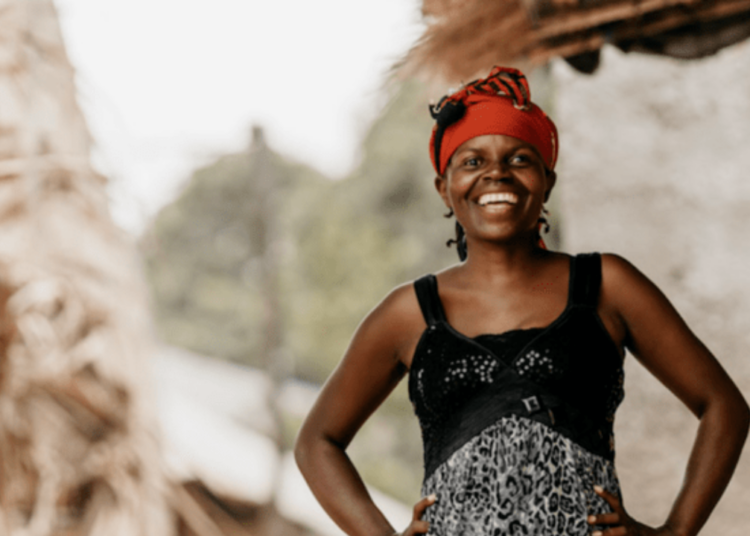One of the most significant and widespread inequities is violence against women and girls (VAWG). More than twenty-five years after the Beijing Declaration and Platform for Action, violence against women and girls continues to be an issue of great concern and an issue of discussion in Nigeria. Violence against women is a symptom of the historically unequal power relationship between men and women, which is primarily a cultural phenomenon. It is sustained by gender norms that embody gender inequality and unequal power relations. Gender relations by the separation of roles between husbands and wives, and between men, women, and girls in general, have gradually transformed into enabling violence against women.
Any act that causes or is likely to cause bodily, sexual, or psychological pain or suffering to women, including threats of such acts, coercion, or arbitrary deprivation of liberty, whether occurring in public or private life, is described as violence against women. Violence is the intentional use of physical force or power, threatened or actual, against oneself, another person, a group, or a community, that results in or has a high probability of resulting in injury, death, psychological harm, maldevelopment, or deprivation.
There is evidence that Women in Nigeria have been subjected to various forms of physical, sexual, and psychological violence. Violence ranges from rape, battering, trafficking, and murder. Take, for example, slapping, kicking, beating, or threatening women with hazardous objects or substances are examples of physical violence or abuse. Sexual violence is described as physically forced to engage in sexual activity or to perform a sexual act that is insulting or humiliating and non-consensual sex. Sexual violence occurs in the broader population, including rape, sexual harassment, and intimidation at work, in educational institutions, and elsewhere; human trafficking and forced prostitution. There is psychological abuse, example is being insulted or made to feel awful about oneself, being humiliated or belittled in front of others, being frightened or scared on purpose, and being threatened with harm are all examples of emotional and verbal abuse. Rape is common violence that women get threatened with. Both allegations are rarely investigated, and punishments for those found guilty of rape and sexual assault are inconsistent and frequently low, and regular rape of a woman by a husband is hardly mentioned or acknowledged.
In Nigeria, over 30% of women and girls endure physical, mental, emotional, psychological and/or sexual abuse at some point in their lives, with about 55% of survivors receiving no help to end the violence. Also, 28% of Nigerian women aged 25-29 have experienced some form of physical violence since age 15. Based on marital status 44% of divorced, separated, or widowed women since age 15, while 25% of married women or those living with their spouses have experienced violence. In addition, three in ten Nigerian women have experienced physical violence by age 15. In Lagos State, it is revealed that 4,860 domestic and sexual violence cases have been recorded this year, with 11 women dying from domestic violence incidents in 20 months. The good news is that all the men involved in the 11 cases are already being prosecuted and are in custody. In Oyo state, there is a consistent increase in the number of women who report violence of all forms from 132 in 2019 to 768 in 2020
These statistics tell only part of the harrowing presence of domestic violence in our midst, a social ill that continues to warrant much more action and attention than has been apparent. Violence against women and girls has become a global scourge, and, surprisingly, despite the existence of policies at national, regional, and global levels, violence against women and girls is on the increase in Nigeria. The major problem is that most of the violence and abuse go unreported due to many reasons some of which are shame by the victim and the fear of tainting the family’s name. Another reason why violence is not reported is women’s perception of violence. The understanding of violence is differently shaped by women. The food got burnt and he was angry, and he hit me hard. To many women, it was their fault, and they deserved the beating. The kids were not taken care of properly, so I deserve the beating and many more unjustifiable acceptances from women. Violence is human rights abuse. Once there is justification for violence, it does not stop.
The above can be one of the reasons why violence against women has been so difficult to eradicate. In addition, the issue of masculinity tied to dominance, aggression, and rigid gender roles all contribute to higher risks of violence against women and girls. While society keeps supporting male dominance or entitlement coupled with unequal gender roles ascribed to women and men, including attitudes and practices that reinforce female subordination such as child marriage and payment of bride price these social norms have helped to enhance the tolerance of violence against women and girls. Where the use of violence has been normalised to address conflict in society, women and girls have been conditioned to accept the normality of such disconnect of human rights violation.
I visited a family some time ago. On arrival, the woman was unusually cold to me. It was out of character for her. I set my eyes intently on her and she started blinking at me. I knew that something was wrong. I did not stay long, and l left. The woman later called me, and she narrated the beating the man gave her shortly before I stopped by, because she told the man that she needed to rest before preparing dinner and she made the comment stating ‘why can’t you also prepare dinner tonight. That comment set him off and she was given the beating of her life. It was then she told me that, this is usual in their home, in front of their three sons who internalised this as being a man. It is a rotating door effect. These boys will continue with what they grew up with as being normal. The boys see this as their role in life. They all reach adulthood believing that violence is a reasonable way to resolve the conflict between people. This type of family experience is what makes the young men learn, from childhood, that women do not need to be valued or respected.











